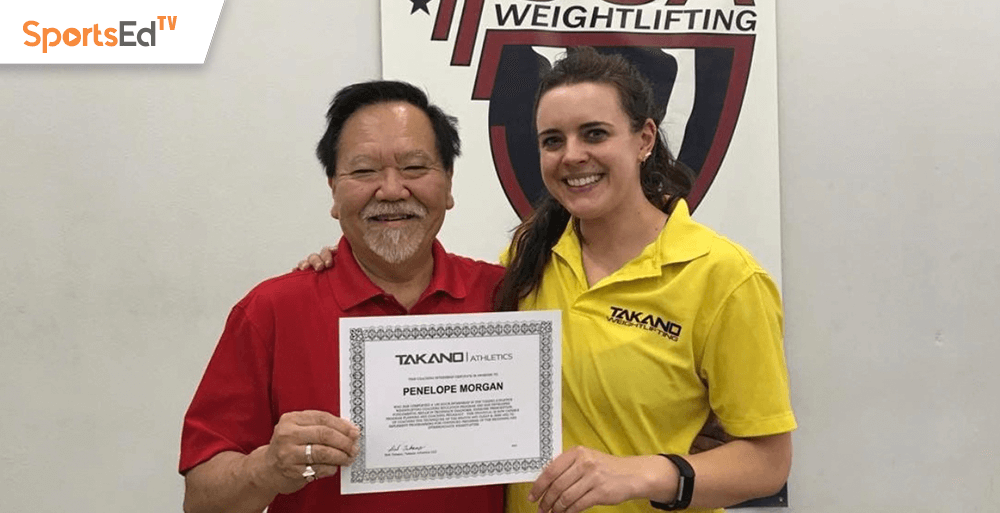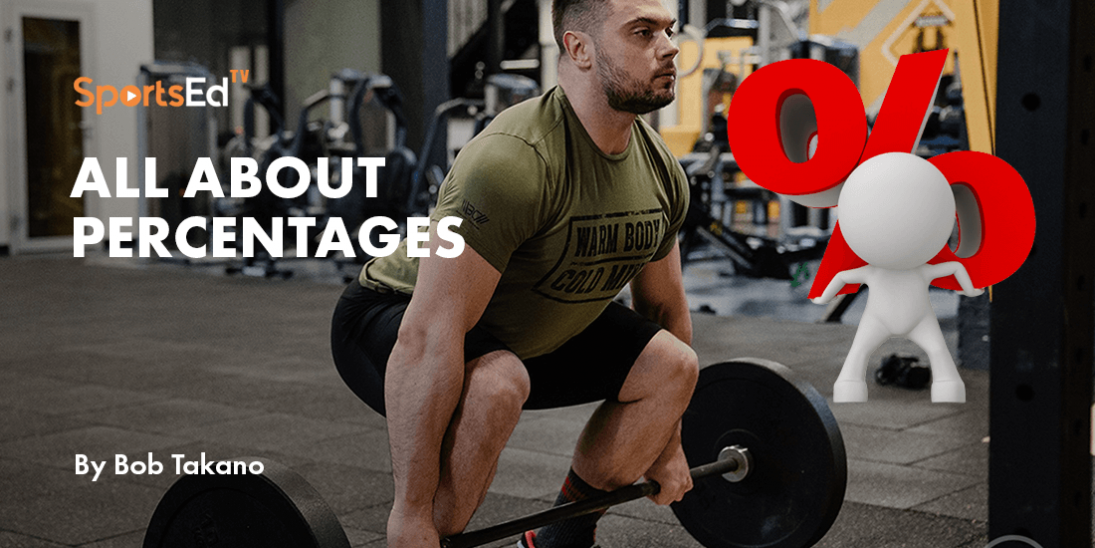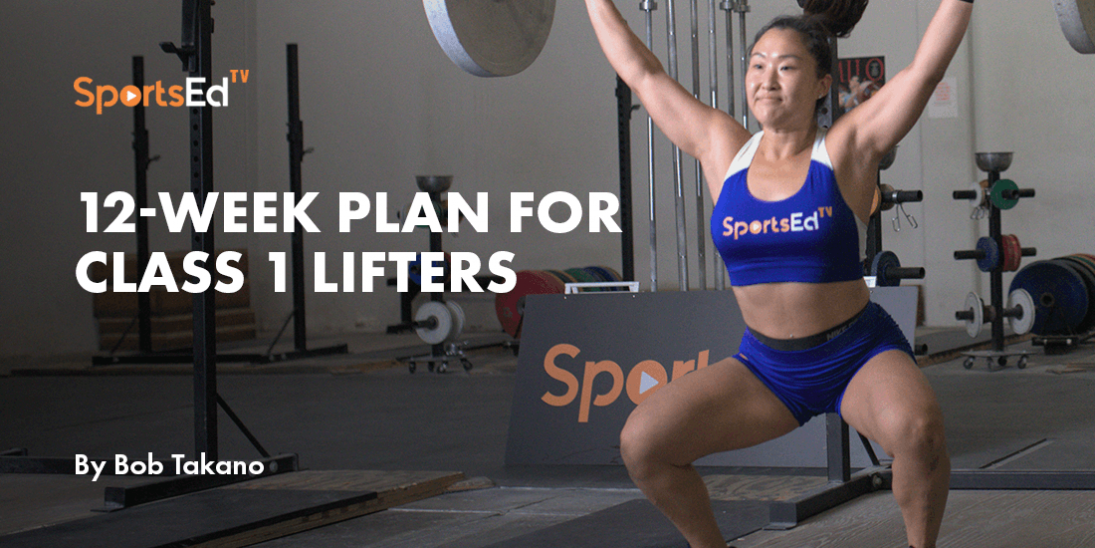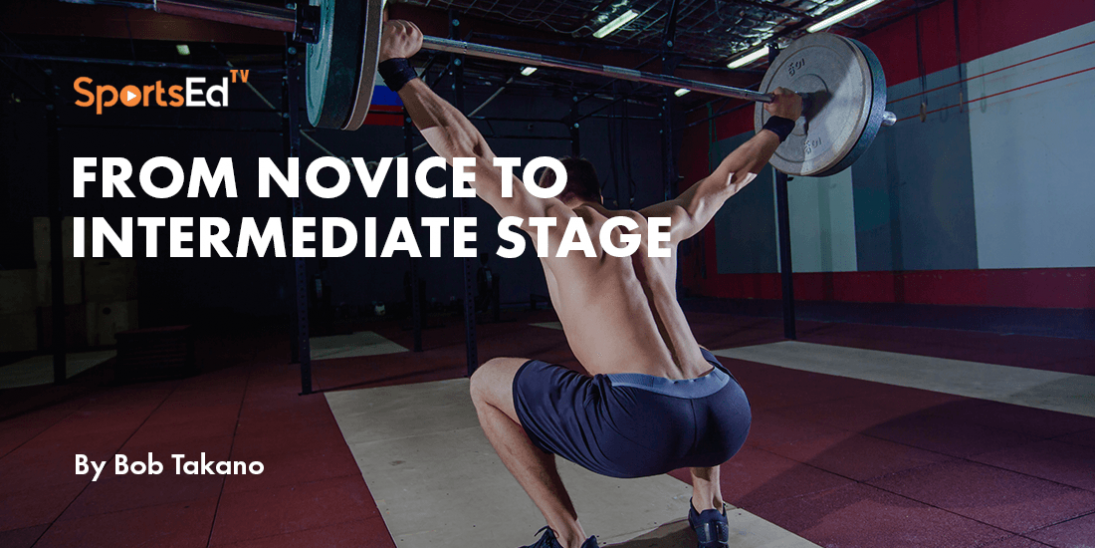Weightlifting
Welcome and thanks for visiting...

Remote Coaching vs Live Coaching by Coach Bob Takano
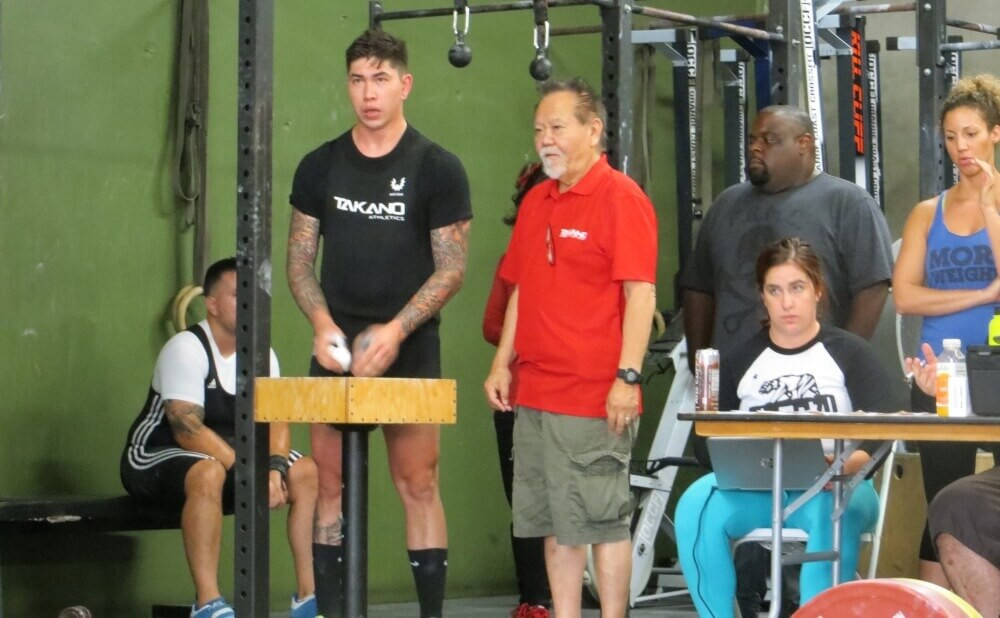
Even before the current coronavirus pandemic athletes have been attracted to the idea of online coaching. The practice seems to work fairly well for some sports. But is this a workable solution in weightlifting?
Large gatherings are now forbidden. Competitions have been canceled or rescheduled for later in the year. Training facilities have been ordered closed. From the local lifter aiming for the state championships to potential 2020 (now 2021) Olympians, the question is “How do I continue to move forward?”
US weightlifting coaching icon Bob Takano has developed and coached lifters from Olympians to local CrossFitters. Due to the current conditions, he recently had to close his Los Angeles-based training center. In the following blog Coach Takano weighs the pros and cons of remote versus live coaching for weightlifters.
The Advent of Remote Coaching
We are currently at a point in history where people are willing to utilize technology whether or not it’s the best possible solution. One of the practices or pathways that has recently become popular is the distance, or remote, coaching. It’s done via a computer, requires some technical expertise on the part of both the instructor and the student, and hence reduces traditional practitioners to the status of Luddite or Fuddy-duddy.
In the midst of the current coronavirus crisis, students from kindergarten through grad school are being asked to stay home and indulge in distance learning. That will only have the effect of strengthening the belief in the medium.
Appropriate for some areas of endeavor
Distance learning via presentation, lecture, or demonstration is entirely appropriate for the teaching of certain types of subject matter. It may, in fact, be superior to a lecturer presenting in front of an audience of 500 - 2,000 people. Close-ups of a presenter’s facial expressions might actually convey nuance that might go unnoticed in a large group setting.
But Not In All Cases
In a situation concerned with the development of skill (such as weightlifting), remote coaching may not be the best solution. Some skill development is dependent upon immediate feedback and this is not always possible through remote coaching. In other circumstances the instructor may need to be acutely aware of environmental considerations and depending on the type of technology, this may be inconvenient, if not impossible. Under these conditions distance coaching is not the best medium.
I am periodically asked whether or not I offer distance coaching and I always reply that I do not. I prefer not to work in the second-best medium. For some, especially those trying to make a name for themselves, remote coaching is a marketing tactic. It’s relatively new. It’s technological. It’s hip. It’s popular in a variety of related activities.
It is not, however, the best way to learn weightlifting let alone mastering weightlifting.
Some History
I’m going to touch on the history of weightlifting training in the U.S. I know that history may be perceived as a dirty word, but I invoke it in order to provide some perspective.
The advantage that newcomers to our sport had in the post-World War II era was that there was very little confusion over what was the acknowledged source of authority in the sport. It was Strength & Health magazine. Although there were some other publications like Iron Man, Lifting News, Physical Power, and Muscle Builder, they, along with S&H provided the same meet results of national and international events. By perusing the results a newcomer could figure out where the top lifters trained and the fully committed athletes made their way to the centers of weightlifting knowledge.
If you were committed to being a top lifter you knew that in order to do that you had to train at York Barbell, the L.A. YMCA, the Sports Palace, Sayre Park, or Coffee’s Gym. You moved to the cities where those gyms were located. Anything else was settling for second best and most weightlifters aren’t the type to settle for second best. You could read the instructional articles and make due in your garage or basement, but everyone knew that there was some magic attached to the prominent centers that couldn’t be replicated just anywhere.
Where many people are now
We are all victims of our own times, and if we stay in our own times we are quite susceptible to current beliefs. The remote coaching people are convincing us that remote coaching is effective and many people are willing to buy into that belief.
Never mind that a remote coach could be completely fraudulent. A live coach could be fraudulent too, but that individual would be exposed by other athletes and by people that you might encounter at competitions. I’m not condemning all remote coaches, but there is a very real possibility that should be taken into consideration.
The other problem we have here is that plenty of people are looking for personalization of their specific situation, as so many other businesses/industries are willing to customize their delivery in order to acquire your business. Please keep in mind that there are actual physical, chemical, genetic, and physiological limits to the extent to which weightlifting coaching can be personalized.
Advantages of Live Coaching
In an optimal situation, you will be in a dedicated weightlifting gym training on a regular basis in front of a knowledgeable coach and with a team of weightlifters. As a result, you can avail yourself of:
-
Immediate feedback: In the case of a technical fault developing it can be corrected before it becomes habitual
-
Trend Identification: A knowledgeable coach watching you every day can notice trends that are developing in your training and make appropriate adjustments to your training
-
Exercise Prescription: A coach is able to add and delete exercises that will speed up your progress
-
Group training: Training in a group of dedicated athletes enables you to take advantage of the psychic ambience of the gym. This will provide you with impetus through challenging times
-
Group culture: You will learn a great deal by being in the presence of other practitioners. This refers to lifestyle decisions, time management, and value systems
Determine Your Priorities
All of the foregoing may be less than helpful if you are not committed to being the best weightlifter you can be. You are the only one who can determine your priorities.
If you just want to be mediocre, that is who you are and that’s fine. If you want to be the best you can be, you need to make a commitment and not go through the rest of your life wondering about what could have been.
In the end, it’s your life!

